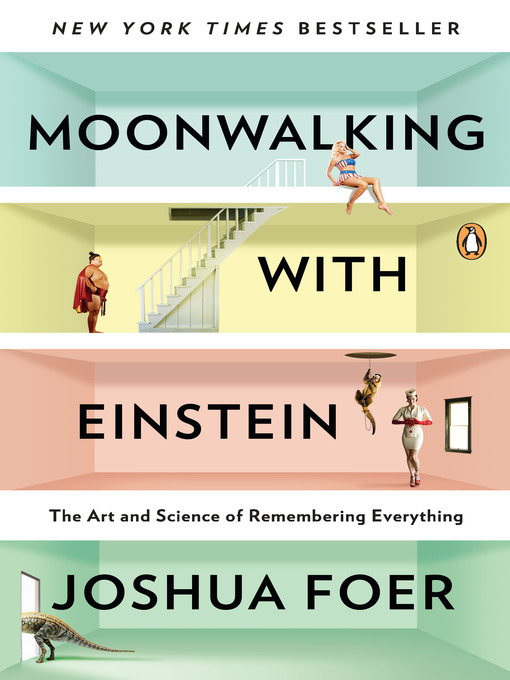From the book
There were no other survivors.
Family members arriving at the scene of the fifth-century-B.C. banquet hall catastrophe pawed at the debris for signs of their loved ones—rings, sandals, anything that would allow them to identify their kin for proper burial.
Minutes earlier, the Greek poet Simonides of Ceos had stood to deliver an ode in celebration of Scopas, a Thessalian nobleman. As Simonides sat down, a messenger tapped him on the shoulder. Two young men on horseback were waiting outside, anxious to tell him something. He stood up again and walked out the door. At the very moment he crossed the threshold, the roof of the banquet hall collapsed in a thundering plume of marble shards and dust.
He stood now before a landscape of rubble and entombed bodies. The air, which had been filled with boisterous laughter moments before, was smoky and silent. Teams of rescuers set to work frantically digging through the collapsed building. The corpses they pulled out of the wreckage were mangled beyond recognition. No one could even say for sure who had been inside. One tragedy compounded another.
Then something remarkable happened that would change forever how people thought about their memories. Simonides sealed his senses to the chaos around him and reversed time in his mind. The piles of marble returned to pillars and the scattered frieze fragments reassembled in the air above. The stoneware scattered in the debris re-formed into bowls. The splinters of wood poking above the ruins once again became a table. Simonides caught a glimpse of each of the banquet guests at his seat, carrying on oblivious to the impending catastrophe. He saw Scopas laughing at the head of the table, a fellow poet sitting across from him sponging up the remnants of his meal with a piece of bread, a nobleman smirking. He turned to the window and saw the messengers approaching, as if with some important news.
Simonides opened his eyes. He took each of the hysterical relatives by the hand and, carefully stepping over the debris, guided them, one by one, to the spots in the rubble where their loved ones had been sitting.
At that moment, according to legend, the art of memory was born.
ONE
THE SMARTEST MAN IS HARD TO FIND
Dom DeLuise, celebrity fat man (and five of clubs), has been implicated in the following unseemly acts in my mind’s eye: He has hocked a fat globule of spittle (nine of clubs) on Albert Einstein’s thick white mane (three of diamonds) and delivered a devastating karate kick (five of spades) to the groin of Pope Benedict XVI (six of diamonds). Michael Jackson (king of hearts) has engaged in behavior bizarre even for him. He has defecated (two of clubs) on a salmon burger (king of clubs) and captured his flatulence (queen of clubs) in a balloon (six of spades). Rhea Perlman, diminutive Cheers bartendress (and queen of spades), has been caught cavorting with the seven-foot-seven Sudanese basketball star Manute Bol (seven of clubs) in a highly explicit (and in this case, anatomically improbable) two-digit act of congress (three of clubs).
This tawdry tableau, which I’m not proud to commit to the page, goes a long way toward explaining the unlikely spot I find myself in at the moment. Sitting to my left is Ram Kolli, an unshaven twenty-five-year-old business consultant from Richmond, Virginia, who is also the defending United States memory champion. To my right is the muzzle of a television camera from a national cable network. Spread out behind me, where I can’t see them and they can’t disturb me, are about a hundred spectators and a pair of TV...






